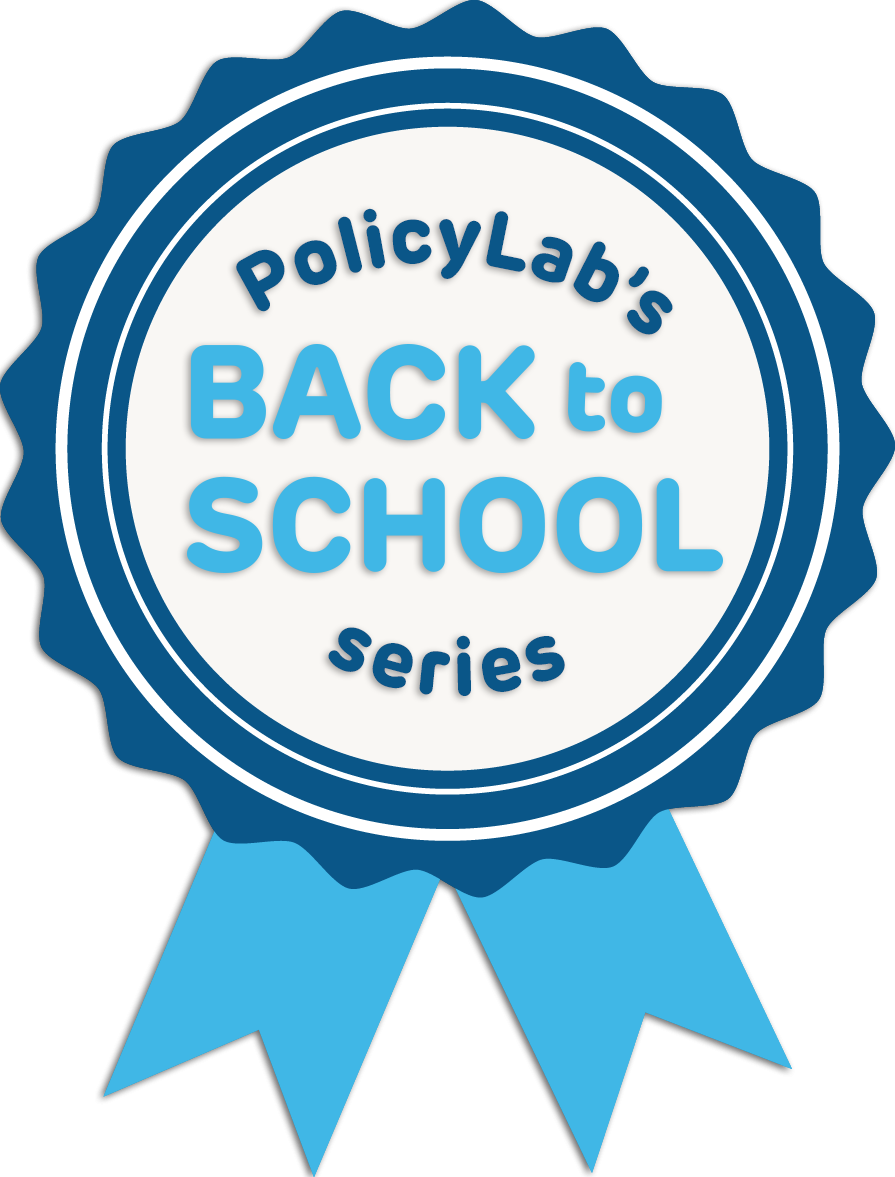Supporting Students, Staff and Families Through Challenging Times: Oakland Unified School District’s Experience

Editor's Note: This post is part of this year’s “Back to School” series in which our experts and guest authors discuss the need to support the health and well-being of youth as they return to school. For more, follow our hashtag #PolicyLabGoesBacktoSchool on Twitter.
Prior to the start of the pandemic, Oakland Unified School District (OUSD) was a district in which more than 70% of students qualified  for free and reduced-price lunches. The needs were already high, so you can imagine how much worse things got when the pandemic shut down so much of our world. In one example, a school called Esperanza Elementary saw 75% of its families losing jobs within weeks of the shutdown of the state of California. This radical shift put incredible strain on students and families at Esperanza and schools across Oakland.
for free and reduced-price lunches. The needs were already high, so you can imagine how much worse things got when the pandemic shut down so much of our world. In one example, a school called Esperanza Elementary saw 75% of its families losing jobs within weeks of the shutdown of the state of California. This radical shift put incredible strain on students and families at Esperanza and schools across Oakland.
Now, two and a half years later, the needs are still great, but in different ways. Chronic absentee rates have surged across the country like nothing we’ve ever seen. Many districts have seen a drop in enrollment, particularly at the high school level where the stressors of the pandemic have taken a heavy toll, especially for students previously disconnected, struggling academically and/or socially, and dealing with issues of family economic instability. In Oakland and across the country, we’ve also seen a historic increase in crime, including hate crimes, with similar trends in school suspensions and expulsions.
As a full-service community school district, for over the past decade, we have focused on serving the whole child in the context of their family and community. This means that we place the lived experiences of our most vulnerable students at the center of our district in our planning, strategy, programs and investments. We create an environment in which students are equipped and empowered to learn. Students can’t learn if they are distracted by the challenges of health, mental health or nutrition. Every day, we work to reduce the impact of the pandemic by prioritizing additional health support for our students and their families, including:
- All OUSD schools have a Coordination Of Services Team (COST)—a cross-disciplinary team who accepts and triages referrals of students in need with such issues as mental health and social, academic and behavioral supports. COST creates and monitors individual student care plans and connects students with resources within the district and across our community.
- We have 16 school-based health clinics that provide access to health care, behavioral health, and other wraparound services to our middle and high school students.
- We have Attendance Teams, which are trained and supported by our central attendance and school network offices. OUSD was the first district in the country to crunch and make public our chronic absence data in partnership with Attendance Works to guide school and district plans and actions to address chronic absence and its root causes.
- 67 of our 77 schools have a full-time Community School Manager who acts as a co-principal to coordinate COST teams, attendance teams, partnerships, family engagement and more to build the community schools model at each school.
- OUSD hosts after-school and summer programs, providing students who access free and reduced-price lunches with academic intervention, enrichment, sports and social-emotional support.
- Our district provides curriculum that focuses on social-emotional learning, an integral part of education and child development through which students acquire and apply the knowledge, skills, and attitudes to develop healthy identities, manage emotions, and achieve personal and collective goals.
We have also built a strong network of mental health care for our students in partnership with our county health care services agency. OUSD has a $14 million investment from Alameda County in school-based mental health services for Medi-Cal eligible students. Through this, we can provide:
- A well-developed Master of Social Work (MSW) Internship Program with local universities, which serves as a pipeline for graduate students of color to enter the field of school-based social work and helps us to address gaps in our service model with Alameda County.
- A team of behavior specialists offer early behavioral intervention to elementary school students to reduce the disproportionate referral of African American students to special education.
- We offer expanded grant-funded mentoring and group-based interventions at Tier II for students in need of support with grief, anger, anxiety, depression, social skills and trauma.
- We also provide substance abuse services at every high school focused on life coaching, paid internships and youth leadership development.
These are things all school districts can do that will show critical improvements for students’ health and well-being, as well as their learning outcomes.
The COVID-19 pandemic is having a lasting impact on the way we learn and work. The solutions must be multi-dimensional and long-term, and they require collaboration and commitment from school districts, families, health care providers, the public health sector and the community.
Dr. Kyla Johnson-Trammell is superintendent of Oakland Unified School District.
